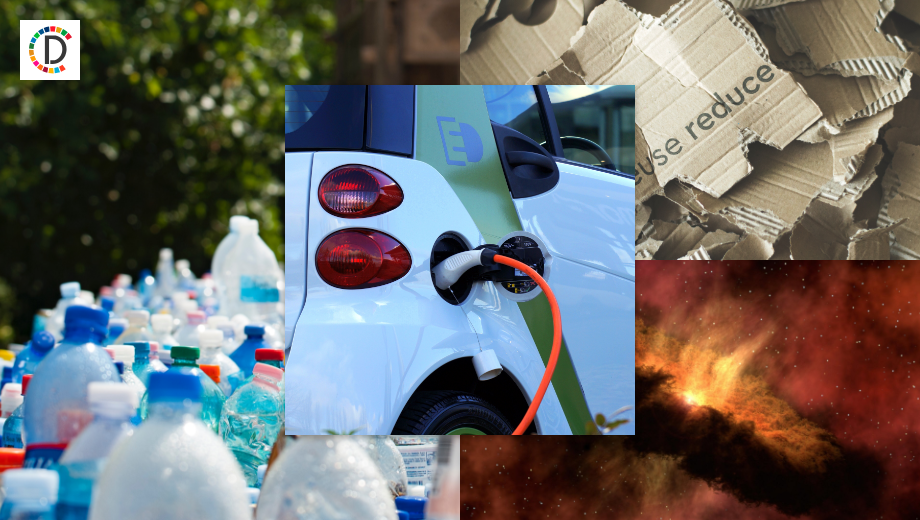CORRECTED-China to continue with low-carbon reforms, energy regulator says
Asked whether China could set an even more ambitious renewables goal for 2030, new-energy department director Li Changjun said only that China would put forward new goals and measures based on its national conditions. Analysts say China is lagging behind on some other goals, including one to reduce its carbon intensity - CO2 emissions per unit of economic output - by 18% over the five years to 2030.

China will keep phasing out fossil fuels and reforming its electricity system, the energy regulator said on Thursday, issuing a white paper long on listing accomplishments but short on new plans for China's energy transition.
National Energy Administration head Zhang Jianhua said China would continue to reform its electricity system, expand the spot market, promote green electricity trading and replace fossil fuels with renewable energy. He also called for market-oriented reforms. Speaking at a press conference held by the State Council, China's cabinet, Zhang said China invested $676 billion in its energy transition last year, citing a figure from research organisation BloombergNEF, which estimated China's energy transition investment made up 38% of the global total.
The world's second-biggest economy has emerged as a global leader in the transition to renewable energy, though its power system still relies significantly on coal. Asked whether China's carbon emissions could peak before its 2030 target, as many experts say it is on track to do, agency planning department deputy director Song Wen said, "The dual carbon target will not be changed and the major targets we have committed to will not be moved."
China had targeted installing 1,200 gigawatts of wind and solar power by 2030, but soaring renewable installations helped it meet that goal in July, six years early. Asked whether China could set an even more ambitious renewables goal for 2030, new-energy department director Li Changjun said only that China would put forward new goals and measures based on its national conditions.
Analysts say China is lagging behind on some other goals, including one to reduce its carbon intensity - CO2 emissions per unit of economic output - by 18% over the five years to 2030. It would need to cut absolute emissions by 2% annually this year and in 2025 to meet it, according to an analysis by the non-profit organisation Carbon Brief. The white paper laid out a raft of previously announced measures, from advancing energy storage technology to promoting energy conservation.
A chapter dedicated to promoting a "global community of shared future" said China is advancing green energy cooperation under its massive Belt and Road Initiative infrastructure programme. It highlighted Pakistan's Karot hydropower station, part of the China-Pakistan Economic Corridor, that has been threatened by separatist militant attacks in recent days.
(This story has not been edited by Devdiscourse staff and is auto-generated from a syndicated feed.)










